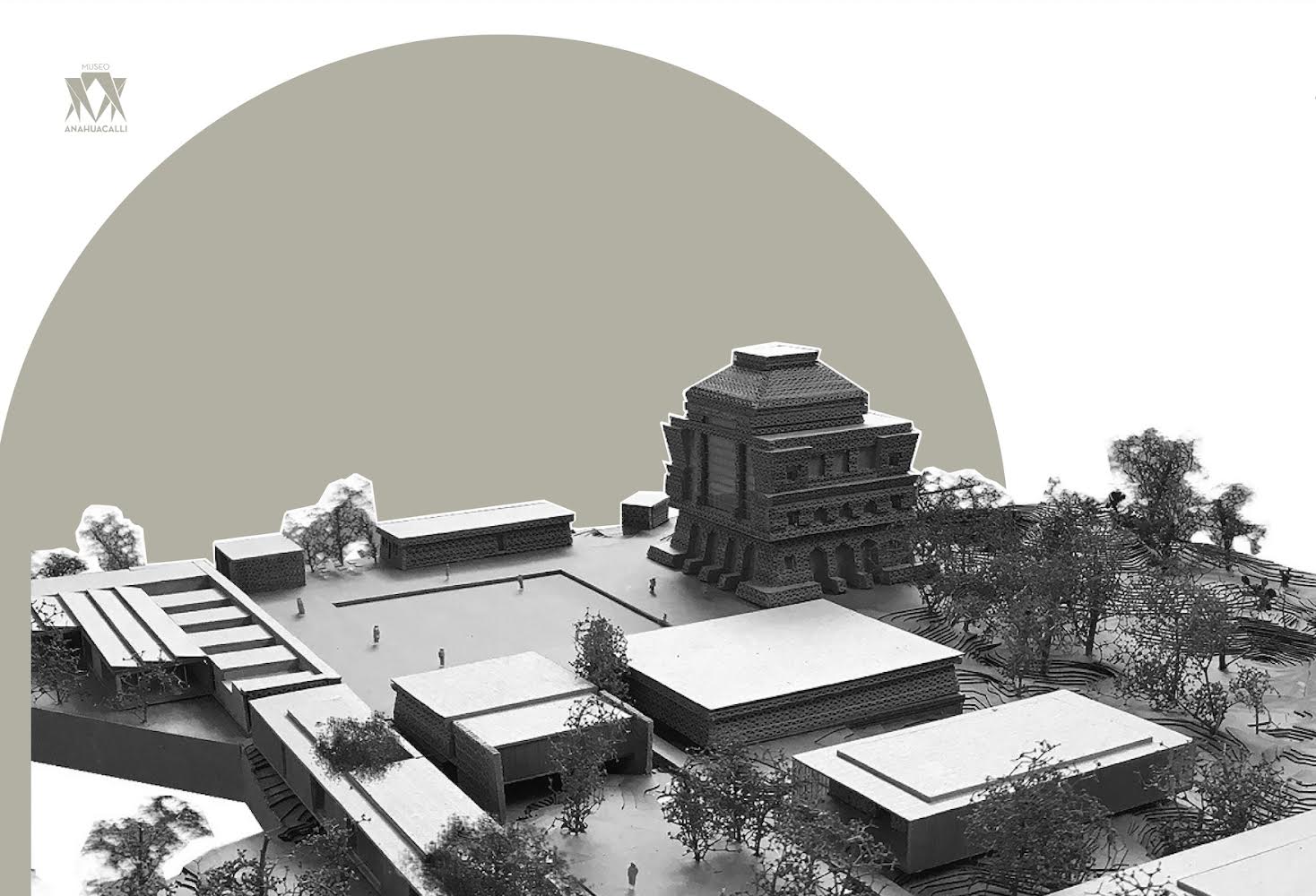
Diego's Pedregal: Inspiration and Origin of the Anahuacalli and its Architectural Connection
Talk
-> Sep 18
The Anahuacalli Museum celebrates its 60th anniversary with a conference entitled Diego's Pedregal: Inspiration and Origin of the Anahuacalli and its Architectural Connection.
The Anahuacalli Museum is one of the most relevant cultural spaces in Mexico, conceived by Diego Rivera himself as part of his artistic and architectural legacy. The museum was conceived to house Rivera's vast collection of pre-Hispanic art, but also as an architectural project that integrates nature and art.
Located in El Pedregal, a unique geological area of Mexico City, the Anahuacalli reflects Diego's passion for architecture and his desire to create a space that would link art with the natural environment.
Since its inauguration in 1964, the Anahuacalli has been a symbol of Rivera's vision and his influence on Mexican and pre-Hispanic architecture. The original building, inspired by Mesoamerican pyramids and constructed of local Xitle volcanic stone, is a testament to Rivera's dedication to integrating architecture with the surrounding landscape.
In 2021, the Anahuacalli underwent a major expansion and remodeling by Taller de Arquitectura Mauricio Rocha, a project that sought to respect Rivera's original vision while modernizing the space to meet the museum's contemporary needs. This intervention was recently awarded the Mies Crown Hall Americas Prize (MCHAP) 2023, given by the Illinois Institute of Technology (IIT); this prestigious award recognizes the best architectural works built in the Americas. The Anahuacalli expansion was selected for its sensitive dialogue with the original structure designed by Rivera and its volcanic surroundings, creating a contemporary interpretation of the site. Rocha's intervention included the construction of three new buildings (the Collections Warehouse, workshop area and offices). In addition, several existing structures were converted for new uses, improving the functionality of the museum and providing new public spaces.
Dirk Denison, Director of MCHAP, has praised Mauricio Rocha's intervention for its ability to honor Diego Rivera's original vision while offering a contemporary perspective that enriches the visitor experience. During the September 18 lecture, Denison will share how the MCHAP jury recognized the Anahuacalli expansion as an exemplary work, not only for its architectural excellence, but for its ability to articulate Mexico's ancestral culture with the landscape and community.
The MCHAP award, given every two years, is one of the most important awards in the field of architecture in the Americas. In 2023, the Anahuacalli expansion was selected from more than 300 nominations for architectural projects throughout the continent. According to Denison, one of the most outstanding characteristics of the project is its "generosity", as it not only respects the legacy of the site, but also creates new opportunities for the community and visitors to connect with the space: "the Anahuacalli articulates ancestral culture, nature and community in an exceptional way," said Denison.
To celebrate the Museum's 60th Anniversary, a conference called El Pedregal de Diego: inspiration and origin of the Anahuacalli and its architectural connection will be held; architects Mauricio Rocha, Juan Ignacio del Cueto and Dirk Denison will discuss how Rivera's vision of building in this volcanic area is still relevant in the contemporary architectural context.
El Pedregal, with its terrain formed by the eruption of the Xitle volcano, was seen by Rivera as an area that offered stability and beauty, and he was one of the first to propose the preservation of the natural landscape of El Pedregal; his vision of using local materials, such as volcanic stone, to build the Anahuacalli remains an example of how architecture can integrate with the environment without destroying it.
With the participation of key figures in the world of architecture, this event promises to be a profound reflection on Diego's legacy. We invite all our visitors and the general public to participate in the conference to be held on September 18 at 7:00 p.m. To obtain their access, those interested must register their participation free of charge through this site.
—Museo Anahuacalli